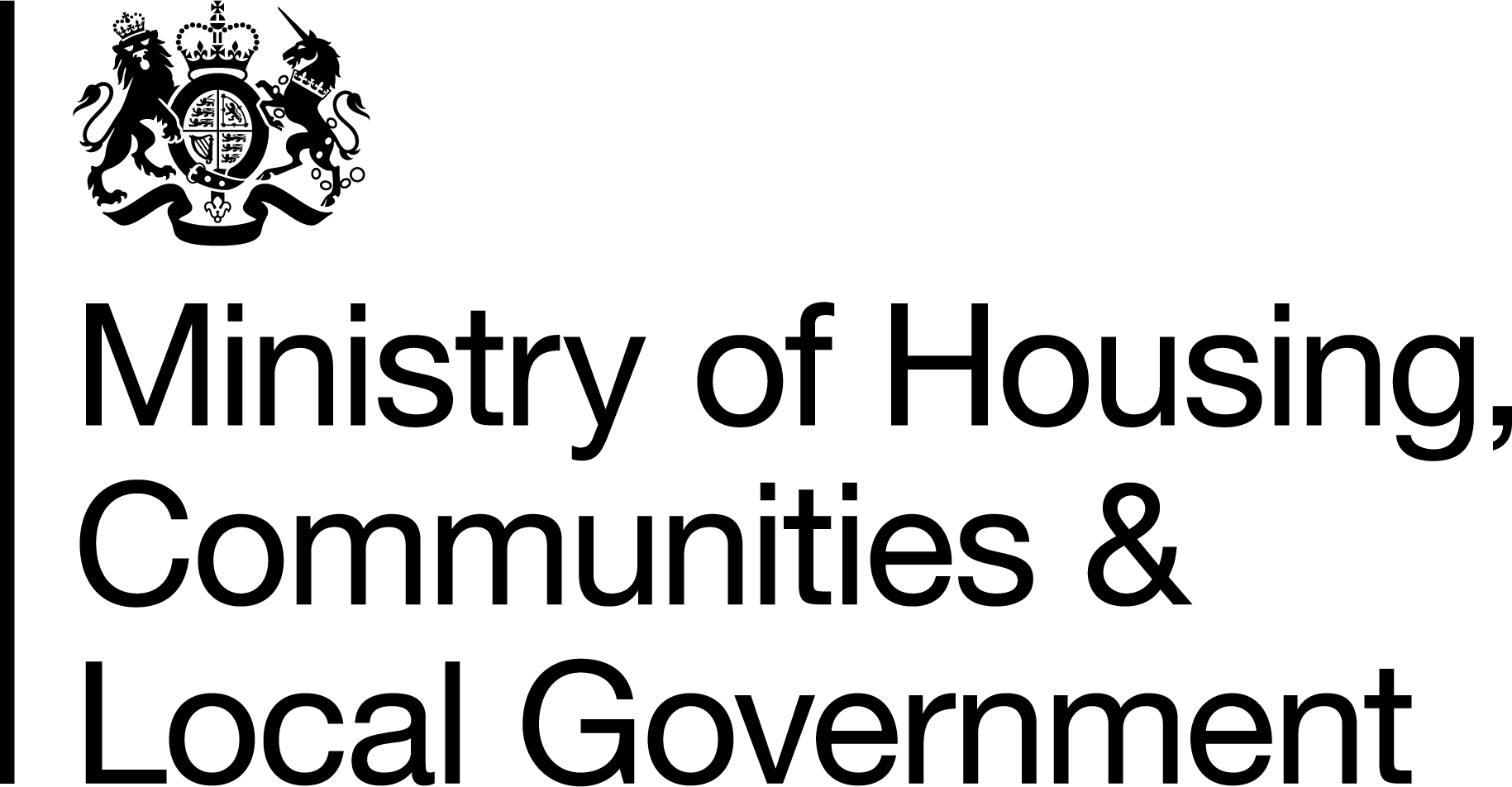Strengthening leaseholder protections over fees, charges and services: consultation
Protections for leaseholders paying fixed service charges
3.4 Protections for leaseholders paying fixed service charges
- Some leaseholders and social housing tenants have fixed service charges. Leases and tenancies with fixed service charges specify the exact amount owed in exchange for a specific list of services. There are different types of fixed service charge: fixed forever which do not change year on year, fixed for each accounting period but linked to periodic reviews and/or revised according to a fixed formula (e.g. linked to the Retail Price Index), or fixed for one or more years and then subject to a regular review. In the case of leases, the fixed service charge may include an element for a reserve fund contribution, which is not a ‘service’.
- There are advantages to fixed service charges. They tend to be lower than variable charges and more predictable over time, which can help those paying them with managing their personal finances. There is also no risk of receiving an unexpected reconciliation demand, as often happens with a variable service charge. This may be attractive to retired leaseholders on a fixed income or with finite savings. The landlord is also better able to budget their estimated spend and set the level of the service charge accordingly.
- There is a trade-off for fixed service charge payers in that they have fewer rights than those who pay variable charges. They are not able to apply for a determination to the appropriate tribunal on the reasonableness of the fixed service charge or whether the work undertaken is of a reasonable standard. Some fixed service charge payers may, though, be able to access the Housing Ombudsman or a property redress scheme if they have complaints about their landlord's behaviour and how their service charges are calculated.
- The limited rights of leaseholders and tenants to challenge fixed service charges risks allowing some landlords to potentially keep costs as low as possible through under-providing services, whilst collecting the full amount of the fixed service charge as set out in the lease. This can include offering a reduced service (e.g. reducing the regularity of cleaning services) to using a very cheap contractor who fails to do the job properly.
- Although fixed service charges tend to be lower than variable charges, some leaseholders and tenants have experienced significant increases in the level of their fixed service charge in recent years. This is mainly from those where charges are reviewed periodically, and we are keen to explore the case for further protections, and what measures might apply.
- Through this consultation we are already taking steps to drive up access to information for tenants and leaseholders who pay fixed charges. Furthermore, leaseholders and tenants of local authorities may request information under the Freedom of Information Act 2000, and in England, we are also seeking to increase transparency for social tenants of Private Registered Providers (PRPs) through the introduction of the new Social Tenant Access to Information Requirements (STAIRs). STAIRs will require PRPs to proactively publish specific information about the management of their social homes.
- One suggestion to go further is to allow those who pay fixed service charges to have the right to challenge their reasonableness at the appropriate tribunal. However, there are risks to this option. For one, leaseholders could be able to challenge the previous 6 (or sometimes 12) years of service charges. This is likely to present practical and operational difficulties if the landlord overcharges for one year but undercharges the next. It may also impact on established business models employed by the retirement sector – which charge a fixed charge to enable retirees to manage their finances, but then recoup costs through an event fee. Applying the test of reasonableness could impact on this business model and may result in a move towards the variable service charge regime, with unintended consequences for those accessing this kind of housing. It could also result in higher operating costs for social landlords, potentially resulting in the diversion of resources away from building new homes, improving the housing stock, and providing services for residents.
- We would welcome evidence of any significant challenges facing those paying fixed service charges, and what steps we might need to take to protect them.
